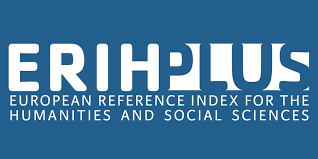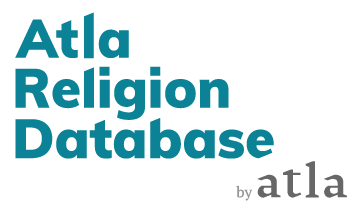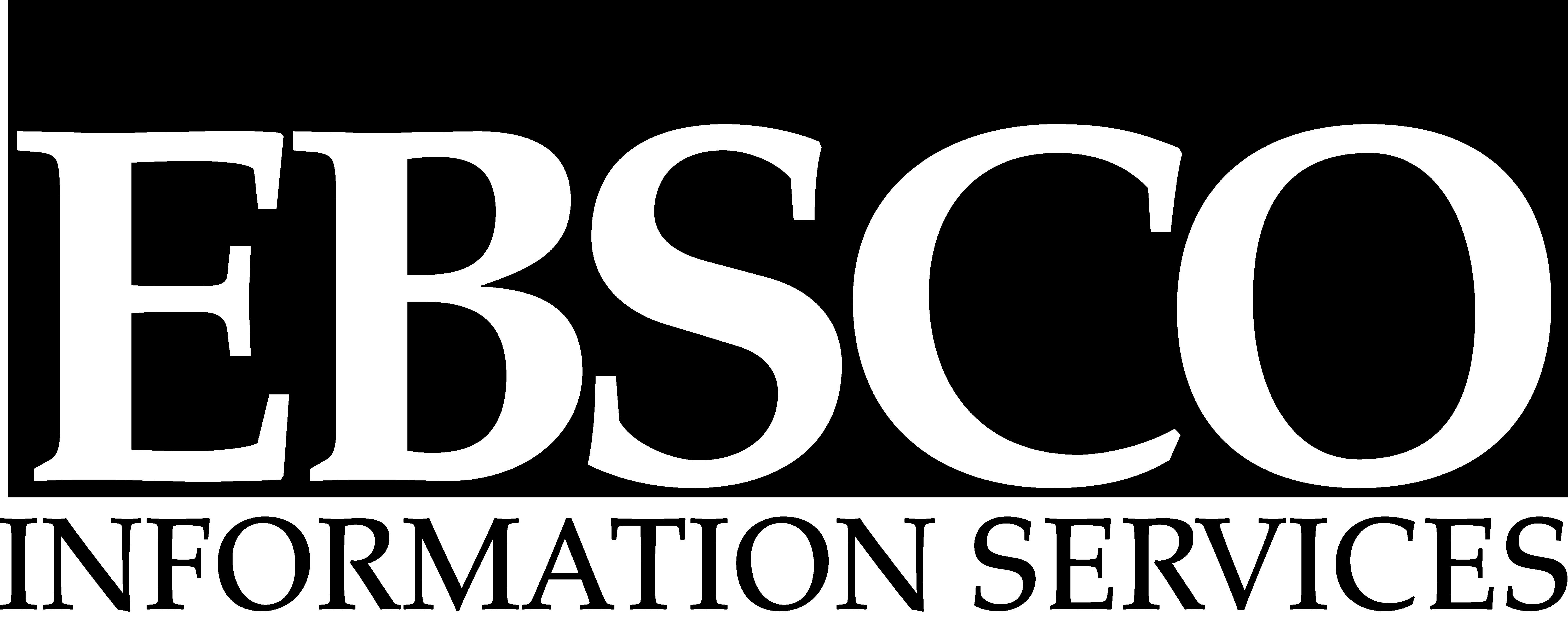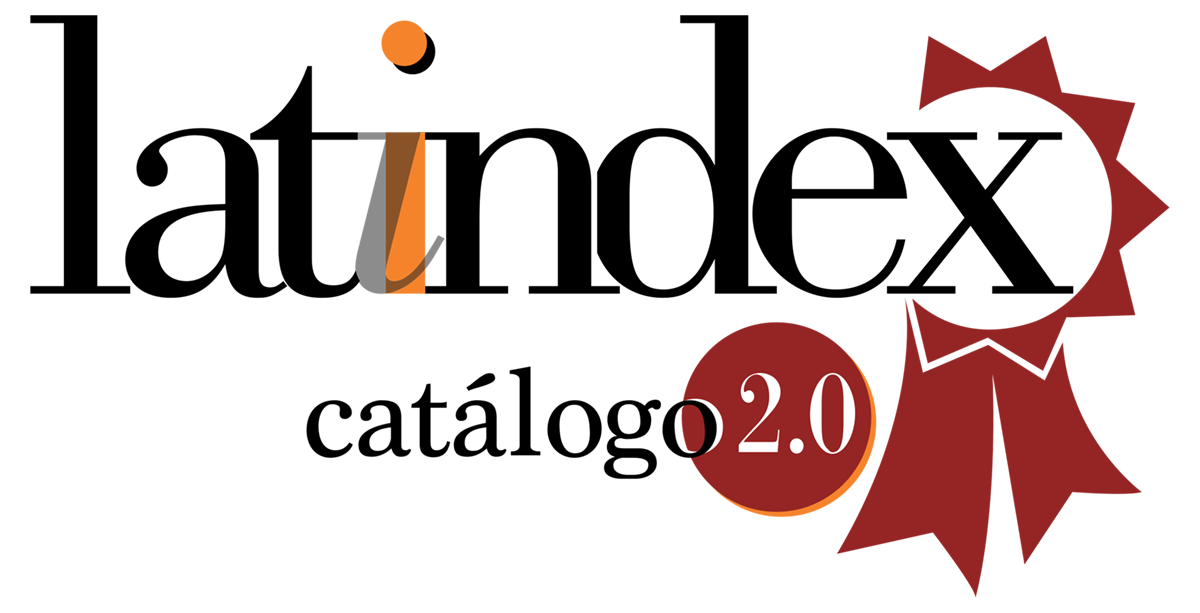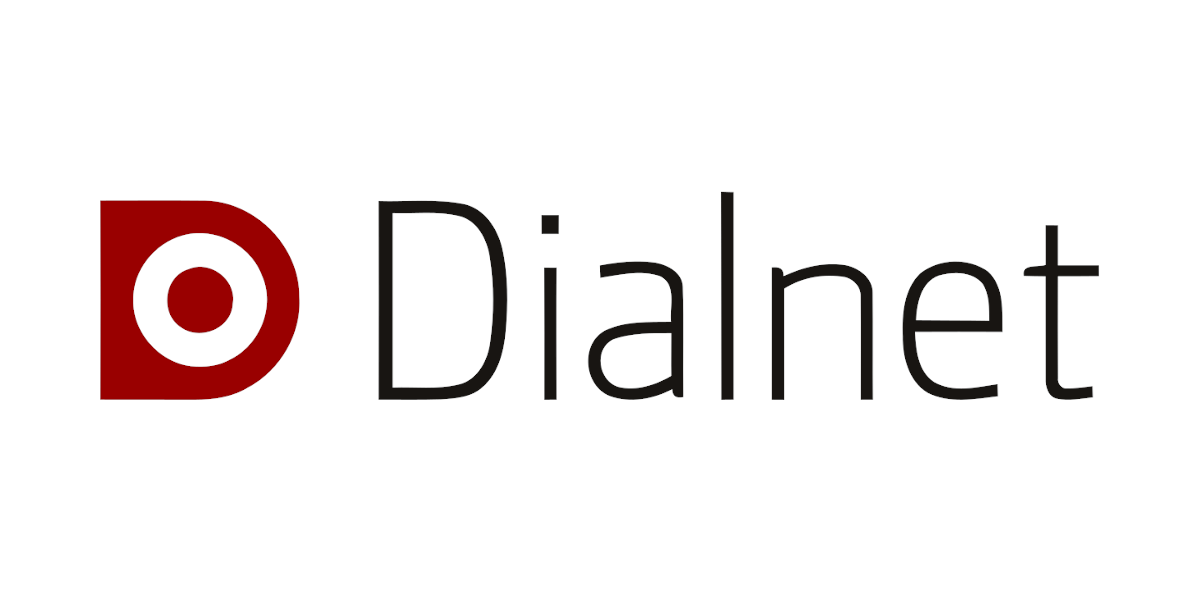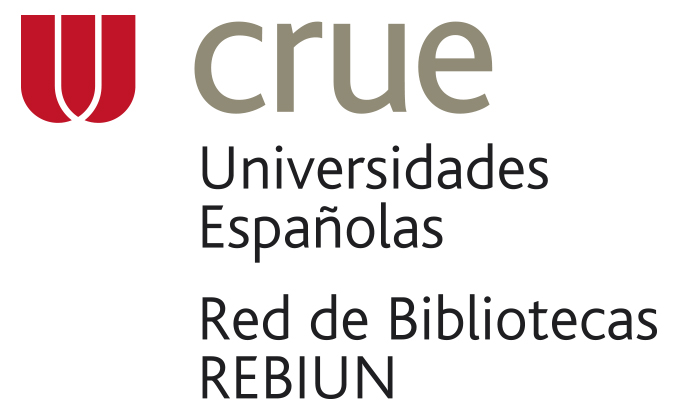Anti-plagiarism policy
Texts submitted to Anales de Teología must be original and unpublished. Submitting plagiarized texts, even if they belong to the same author (known as self-plagiarism), is considered a serious violation of academic ethics. In addition, direct quotations and paraphrasing are clearly indicated.
Copying all or part of a text presented as one's own without referencing the original source will be considered plagiarism. Anales de Teología employs the Ouriginal platform to detect instances of plagiarism or passages in the document that lack proper attribution.
A plagiarism check is conducted prior to commencing the peer review process. If the similarity report exceeds 10%, authors are notified by email, along with the complete similarity report and the expert's opinion. The authors will have the opportunity to provide comments relevant to the journal to determine whether the behavior is related to plagiarism. If affirmative, the work is rejected for evaluation.
Furthermore, reviewers must inform the journal if they come across any indication that the work they are evaluating is plagiarized, or contains incorrect or falsified data.
However, in the event that an article is discovered to be non-original or plagiarized after publication, the Editorial Team must remove it from the journal's website. In addition, the author will not be allowed to publish again in Anales de Teología. Reasons and evidence must be communicated to the author via email.
